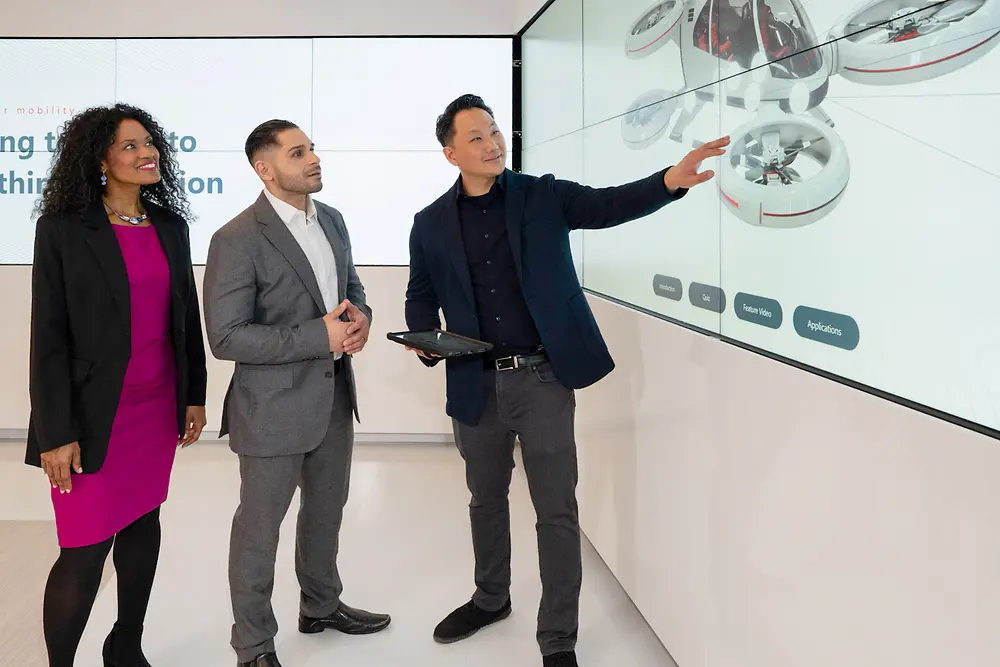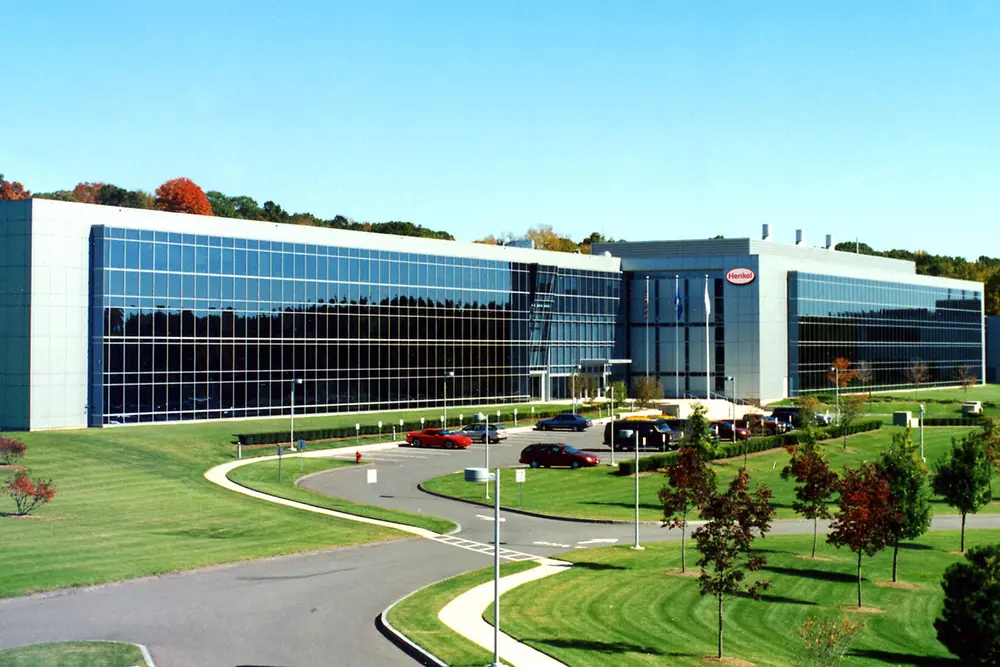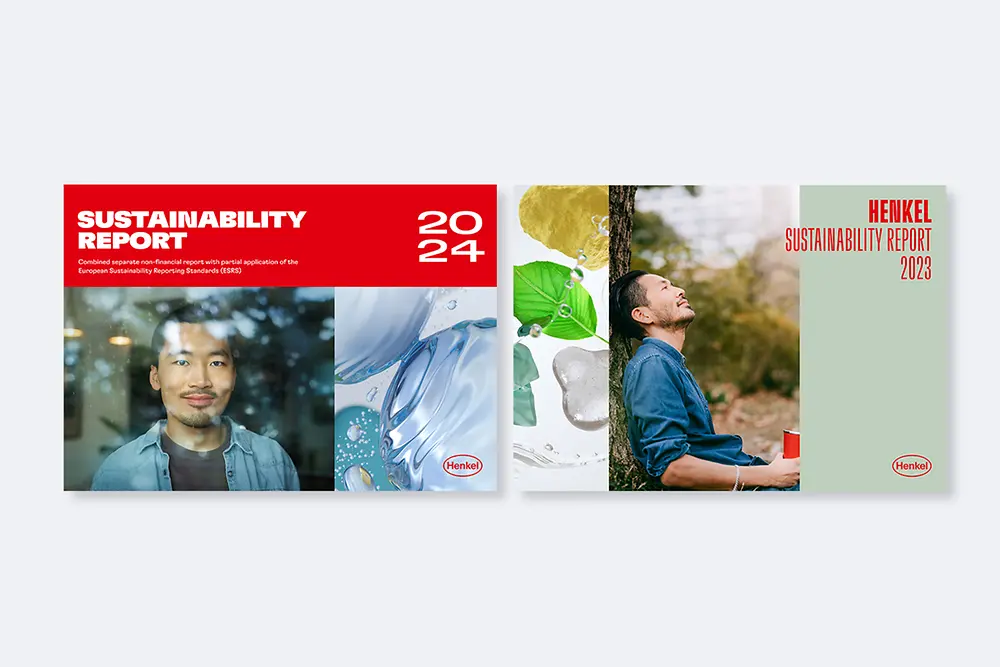Protect and restore biodiversity with a focus on forests, land and water, and ensure responsible resource stewardship.
Growing consumption and resource scarcity due to an increasing global population and accelerated economic activity are putting more and more pressure on ecosystems. The negative effects are already being felt: according to a report published by IPBES (Intergovernmental Science-Policy Platform on Biodiversity and Ecosystem Services), human activities are threatening nearly one million species with extinction.
Conserving species diversity and biodiversity is important to Henkel, as intact ecosystems and soil biodiversity are essential as a basis for sustainable agriculture and the use of raw materials in production. Our sustainability strategy aims to protect and restore biodiversity – with a particular focus on forests, land and water. In addition to applying these principles to the activities at our own sites, we also promote the responsible management of raw materials and the use of ingredients based on renewable raw materials.











